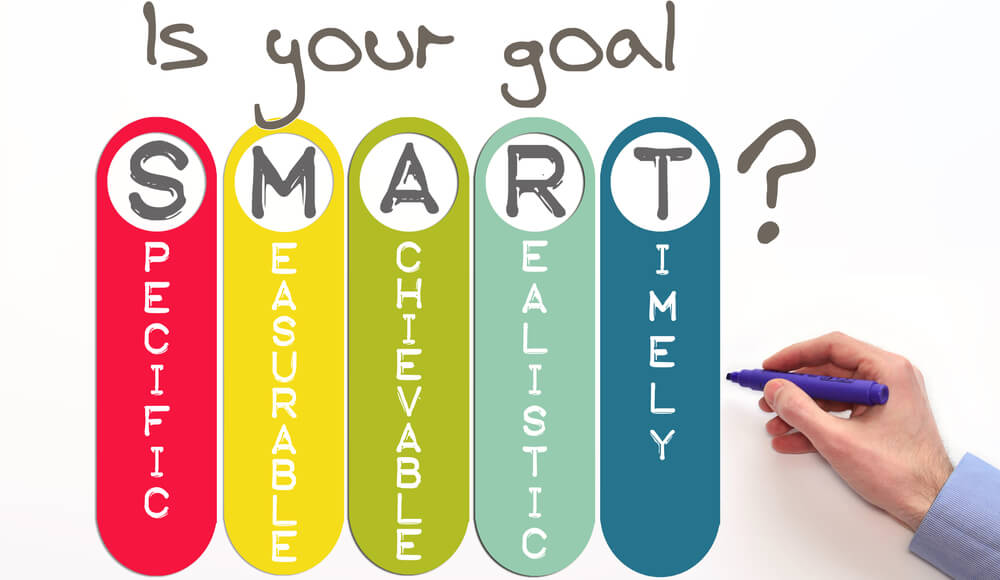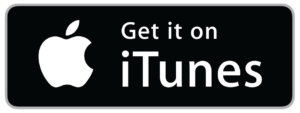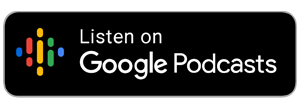Why this question is deadly for productivity
There’s a knock at your office door.
Your employee peeks their head in innocently.“Do you have a quick second?” “Can I just have 2 minutes of your time?”
OK. It’s just two minutes, you think.
How many of you fall for this on a daily basis?
Though the person doesn’t usually intend it as such, it’s a trap—and we know it. A second is never a just second. A minute is never just a minute. Even if it were, all those second and minute interruptions really add up … to more than you might think.
I often say that one of the hardest yet most important skills every entrepreneur needs to learn is how to guard your time. When you really think about it, time is the great equalizer. You may not have much in common with Bill Gates or Steve Jobs. But there is one thing, one big, glaring limitation, that you have in common with every extraordinarily successful person that ever lived: you both only have 24 hours in your day.
“You may not have much in common with Bill Gates or Steve Jobs. But there is one thing, one big, glaring limitation, that you have in common with every extraordinarily successful person that ever lived: you both only have 24 hours in your day.”
There’s a reason that the cliche “time is money” has become a staple of business lexicon: it’s the truth. What happens to your brain when you’re interrupted or distracted is similar to what happens when you want to do a new math problem on your calculator. You press “clear”… not just once, but usually a few times, just to be sure. Similarly, when you begin a discussion with someone, your mind is jolted out of whatever thought it was immersed in or whatever problem it was trying to solve and forced back to ground zero.
When this happens multiple times per day, it’s no wonder you end up distracted, scattered, unproductive, and drained of energy.
Why is this important? Because as an entrepreneur—and a productive human being—you’re constantly problem solving, strategizing solutions, and anticipating the next challenge. This requires focus, concentration, and proactivity on a minute-to-minute basis. If you’ve read Stephen Covey’s famous book, 7 Habits of Highly Effective People, you may remember that Habit #1 is proactivity. While reactive people are constantly acting in response to their physical environment and circumstances, proactive people consciously and deliberately choose how they act, what they say and think about, and how they will spend their time. A proactive person says, “I am not a product of my circumstances. I am a product of my decisions.”
Taking control of the way you spend your time, and not letting your day get overrun by constant distractions, interruptions, and (non)emergencies, is one of the most fundamental things you can do to get to the next level in your business and your personal growth. In short? Own your day … or it will own you.
Here are three Ptex Practical Pointers for guarding your time, so you can avoid the “one-second” trap:
1. Batch meetings.
This is a great method to boost productivity in general and ward off interruptions and distractions. Schedule several meetings back-to-back (with a few minutes of buffer in between), so that you can avoid having pockets of “dead” time that are too short to actually do anything productive.
2. Schedule time for interruptions.
It may sound counter-intuitive, but set aside some time for welcome interruptions. During this time, leave your door open so people know they can feel free to come in and they’re not catching you in the middle of anything.
3. Just say “No.”
Remember: ROI isn’t just about a return on your resources. It’s about a return on your time. Make sure your ROT (Return on Time) is high, and you will see the difference it makes in your physical and mental bank account.
—
How do you minimize distractions and increase your productivity? I’d love to know! Click here to tell me in the comments!








